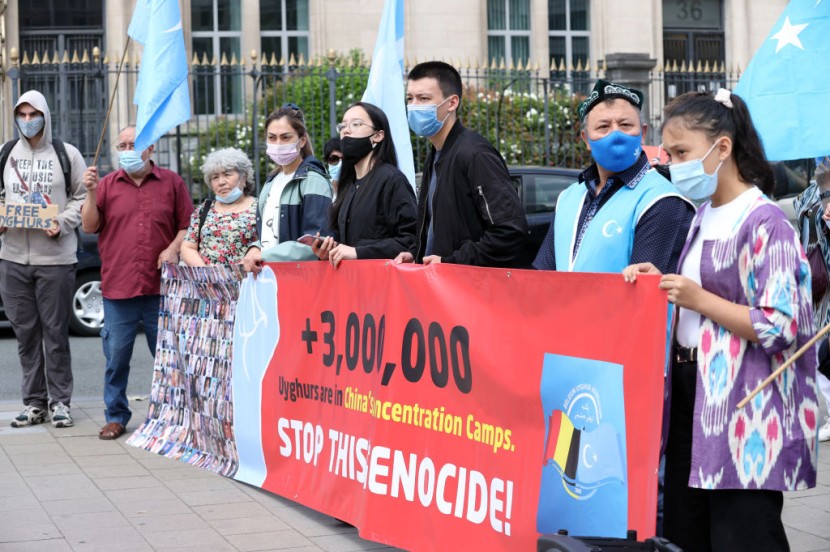
United States President Joe Biden's administration will add 10 more Chinese companies as early as Friday to the list of businesses that are banned from trading within the U.S. economy for their alleged involvement in the abuses in the province of Xinjiang.
Last month, the U.S. Commerce Department announced it would add five more companies and other Chinese entities to the blacklist for their alleged role in force labor abuse in the Asian country. The latest inclusions are part of Biden's crackdown on the Chinese government to hold it accountable for human rights violations.
Economic Blacklist
Despite widespread criticism and accusations, China's government has continued to deny the allegations of genocide and forced labor in its southern province of Xinjiang. Government officials said that certain policies are necessary to control separatists and religious extremists who have previously plotted attacks against the Communist Party and created tension between mostly Muslim ethnic Uyghurs and Han.
One of the sources that revealed the American officials' plans said the department would be including 14 Chinese companies in the Entity List over alleged human rights abuses in Xinjiang. However, the identities of the affected companies were not immediately revealed. The department is also scheduled to add companies from other countries to the list as early as Friday, CNBC reported.
The companies on the list would be prohibited from doing business with American businesses without first getting a U.S. government license. Aside from the sanctions on Chinese officials, the restrictions also serve as a way of cracking down on the second-largest economy in the world.
Since taking over Donald Trump, Democrat Joe Biden has been largely unsuccessful in improving the relations between the United States and China. The first high-level talks between the two countries happened in March, which resulted in bickering and recrimination.
For a long time, the U.S. government has criticized Beijing for its actions regarding Xinjiang and other issues. The list of controversies includes forced labor and human rights abuse in Xinjiang and China's crackdown on Hong Kong's political freedom. The Asian giant has also threatened Taiwan in recent years.
Human Rights Abuse and Forced Labor
Additionally, the American government banned cotton, tomatoes, and some solar products coming from Xinjiang. Sanctions against Chinese officials who are allegedly involved in abuses of ethnic minorities in Xinjiang have been announced by the U.S., the European Union, the UK, and Canada, Bloomberg reported.
The addition of Chinese companies to the Entity List is not the first time the U.S. government has attempted to reign in the Asian country. In 2019, former President Trump included several Chinese firms on the blacklist over its surveillance actions in Xinjiang.
Under the Trump administration, the Commerce Department doubled down on 20 Chinese public security bureaus and eight companies, including video surveillance firm Hikvision and several leaders from facial recognition technology SenseTime Group Ltd and Megvil Technology Ltd.
In the same year, the department said the entities were involved in "high-technology surveillance," targeting Uyghurs, Kazakhs, and other members of Muslim minority groups in China, Reuters reported.
Related Article:
© 2026 HNGN, All rights reserved. Do not reproduce without permission.








